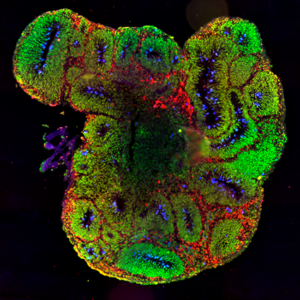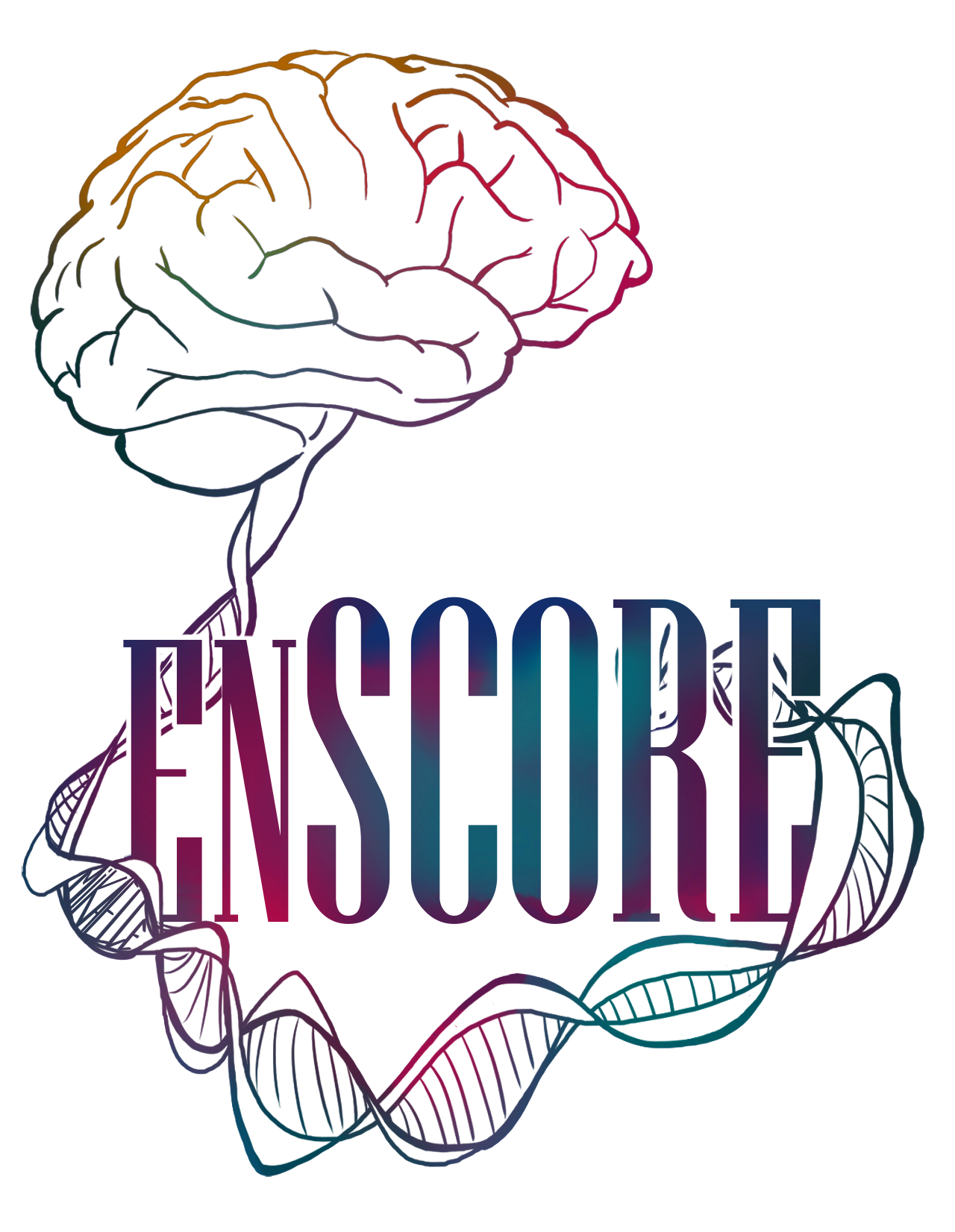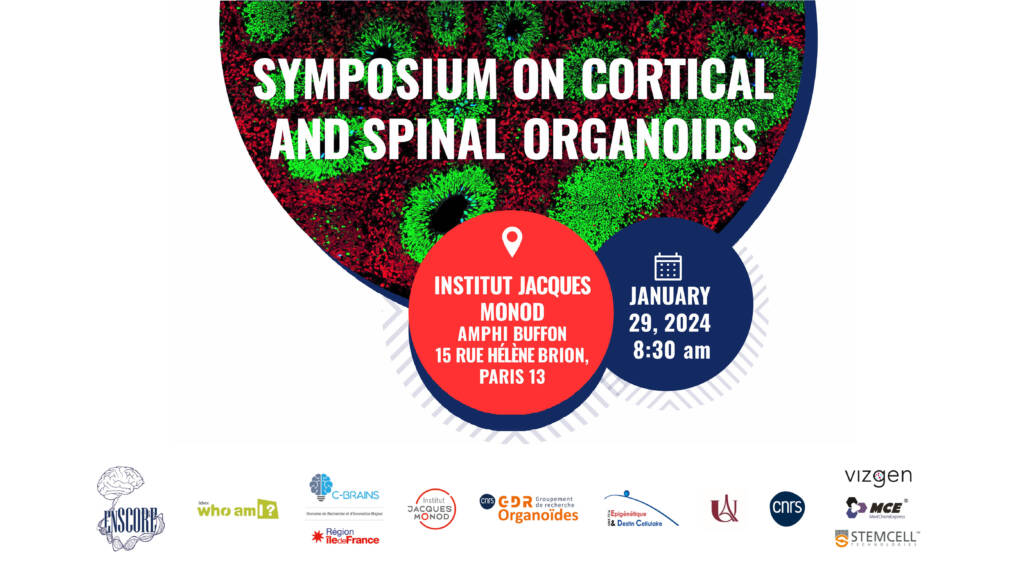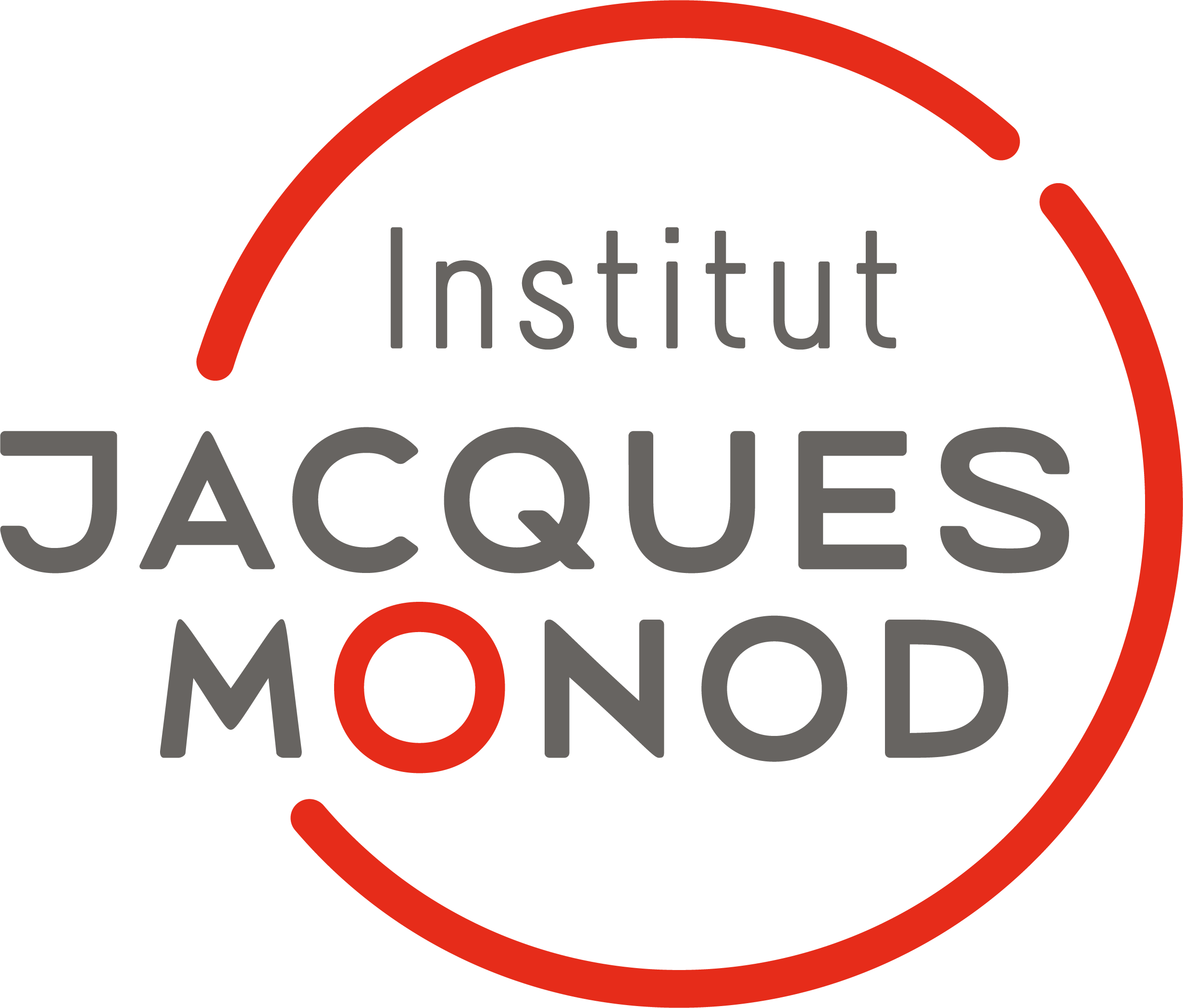enSCORE : engineered spinal and cortical organoid core

Platform of the Université Paris Cité (funded by the Labex “Who Am I?”). enSCORE offers technical and scientific support to researchers for the generation of neural organoids (spinal and cortical) derived from human induced pluripotent cells.
Keywords : organoïds, iPSC, disease, developmental neurobiology


+33 (0)157278062 enscore (at) services.cnrs.fr Office/lab : 342b L2 Cell Culture : 315ba
The enSCORE platform was created in 2021 to support an interdisciplinary consortium to address complex developmental neurobiology issues. Indeed, organoid models derived from induced pluripotent stem cells (iPSCs) are, to date, the only models of prenatal human brain development that can combine genetic and pharmacological approaches.
The platform is funded by the Labex Université Paris Cité “Who am I?” as part of the transverse project Neural organoids to study the interplays between mechanical and transcriptional signals underlying normal and pathological neurodevelopment.
The human induced pluripotent cells used are derived from healthy donors or from patients with neurodevelopmental pathologies. They are either purchased from specific suppliers (Coriell Institute’s WTC11 line) or generated in dedicated platforms (Institut Imagine or Nantes iPSC platforms).
The missions of the enSCORE platform are:
– Optimisation, standardisation and characterisation of human iPSC cultures.
The platform has set up and offers support and training for the culture of human iPS cells as well as characterisation of the quality of these cells (absence of mycoplasma, pluripotency markers, chromosomal integrity).
– Design and generation of transgenic lines by genome editing.
In interaction with members of interested teams, the platform sets up procedures for modelling pathologies, reproducing mutations present in patients by genome editing approaches with CRISPR/Cas systems in iPSC lines.
– Production and characterisation of neural organoids (cerebral and spinal)
The platform uses various protocols (commercial, published, or developed by collaborators) to generate brain and spinal organoids and also provides training for the different users.
The generated organoids are characterised by immunofluorescence labelling of cryostat thin sections as well as by flow cytometry.
The platform has obtained approval to work on human iPSC cells under CODECOH N° DC-2021-4363 and DC-2021-4446.
Members
 Sandrine ADIBA, Responsable plateforme, PFT/enSCORE+33 (0)1 57 27 80 62, room 342B
Sandrine ADIBA, Responsable plateforme, PFT/enSCORE+33 (0)1 57 27 80 62, room 342B Mikaelle BOCEL, Ingénieure de plateforme, PFT/enSCORE+33 (0)1 57 27 80 62, room 342B
Mikaelle BOCEL, Ingénieure de plateforme, PFT/enSCORE+33 (0)1 57 27 80 62, room 342B Kamal BOUHALI, Responsable plateforme, PFT/enSCORE+33 (0)1 57 27 80 62, room 342B
Kamal BOUHALI, Responsable plateforme, PFT/enSCORE+33 (0)1 57 27 80 62, room 342B
To contact a member of the team by e-mail: name.surname@ijm.fr
Scientific supervisors:
Valerie Doye – Research Director, Institut Jacques Monod
Valerie Mezger – Research Director, Epigenetic and cell fate unit
Vanessa Ribes – Researcher, Institut Jacques Monod
Previous interns
Monia Abbas – Intern BTS1 (16/05/22-01/07/22)
The platform has a fully equipped L2 containment room for iPS cell culture and organoid differentiation.
– two cell culture hoods available for online booking (https://ijm.requea.com/page/PlannigAUT)
– two CO2 incubators
Specific equipment includes:
– a binocular magnifier (Dynascope Lynx, Vision Engineering) placed under the hood for observation and sterile handling of cultures. This magnifier is equipped with a video system linked to a screen allowing capture of photos/videos and enabling easy training of the platform’s users.
– An orbital shaker (Dutscher) necessary for the differentiation of brain organoids is also installed in one of the incubators.
Members of the platform and its users also benefit from all of the Institute Jacques Monod’s equipment, notably
– a Leica CM3050S cryostat (dating from 2004)
After training by Kamal Bouhali, Mikaelle Bocel or Vanessa Ribes this system can be booked online (https://ijm.requea.com/page/PlanningMIC#)
– a transfection system (Nucleofector 4D) allowing the nucleofection of iPSC lines and the generation of transgenic lines.
After training by Kamal Bouhali, this system can be booked online (https://ijm.requea.com/page/PlannigAUT)
In which the platform is thanked:
– CBP-HSF2 structural and functional interplay in Rubinstein-Taybi neurodevelopmental disorder
Aurélie de THONEL, Johanna K. AHLSKOG, Kevin DAUPIN, Véronique DUBREUIL, Jérémy BERTHELET, Carole CHAPUT, Geoffrey PIRES, Camille LEONETTI, Ryma ABANE, Lluís CORDÓN BARRIS, Isabelle LERAY, Anna L. AALTO, Sarah NACERI, Marine CORDONNIER, Carène BENASOLO, Matthieu SANIAL, Agathe DUCHATEAU, Anniina VIHERVAARA, Mikael C. PUUSTINEN, Federico MIOZZO, Patricia FERGELOT, Élise LEBIGOT, Alain VERLOES, Pierre GRESSENS, Didier LACOMBE, Jessica GOBBO, Carmen GARRIDO, Sandy D. WESTERHEIDE Laurent DAVID, Michel PETITJEAN, Olivier TABOUREAU, Fernando RODRIGUES-LIMA, Sandrine PASSEMARD, Délara SABÉRAN-DJONEIDI, Laurent NGUYEN, Madeline LANCASTER, Lea SISTONEN, Valérie MEZGER
Labex “Who am I?” transverse projet Neural organoids to study the interplays between mechanical and transcriptional signals underlying normal and pathological neurodevelopment
Other collaborations
Equipe de Corinne Antignac (Institut IMAGINE, Paris)
Plateforme iPS, Nathalie Lefort (Institut IMAGINE, Paris)
Stéphane Nedelec (Institut du Fer à Moulin, Paris)
Didier Lacombe et Julien van Gils (CHU Bordeaux)
Sandrine Passemard et Alain Verloes, (Hôpital Robert Debré, Paris)
Madeline LANCASTER (LMB, Cambridge, UK)
Laurent Nguyen (Université de Liège, Belgique)
Auguste Genovesio (IBENS, Paris)

The symposium on cerebral and spinal organoids is organised by the enSCORE platform of the Université Paris Cité (Labex “Who am I?”, Institut Jacques Monod, Epigénétique et Destin Cellulaire) and the DIM C-BRAINS.
It focuses on innovative 3D models of nervous system development in organoids derived from human pluripotent stem cells. Over the course of a day, the aim is to highlight advances in three areas of research based on these models: modelling neurodevelopmental pathologies; generating multi-tissue models (containing several interacting tissues) and studying the molecular and cellular mechanisms of human development.
As keynote speakers, we have invited two world-renowned researchers to present their work on cerebral organoids: Orly Reiner (Weizmann Institute, Israel) and Alice Davy (CBI, Toulouse).
Click here for the detailled program

